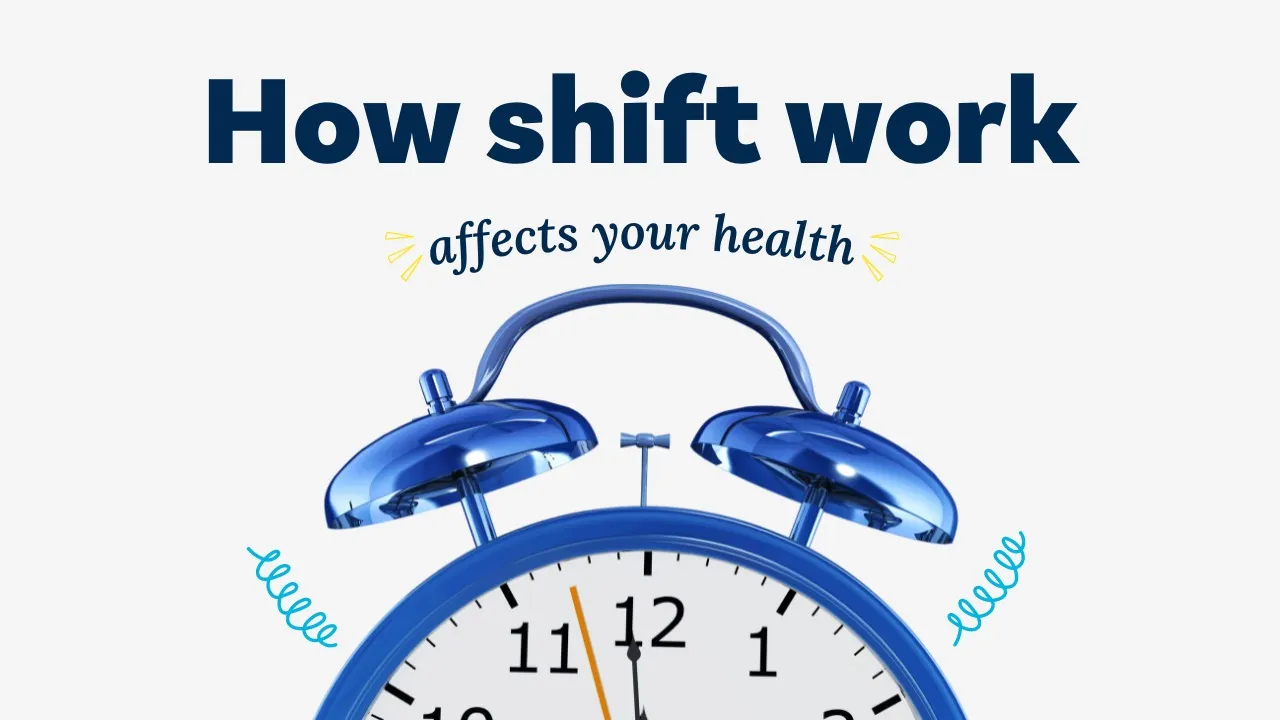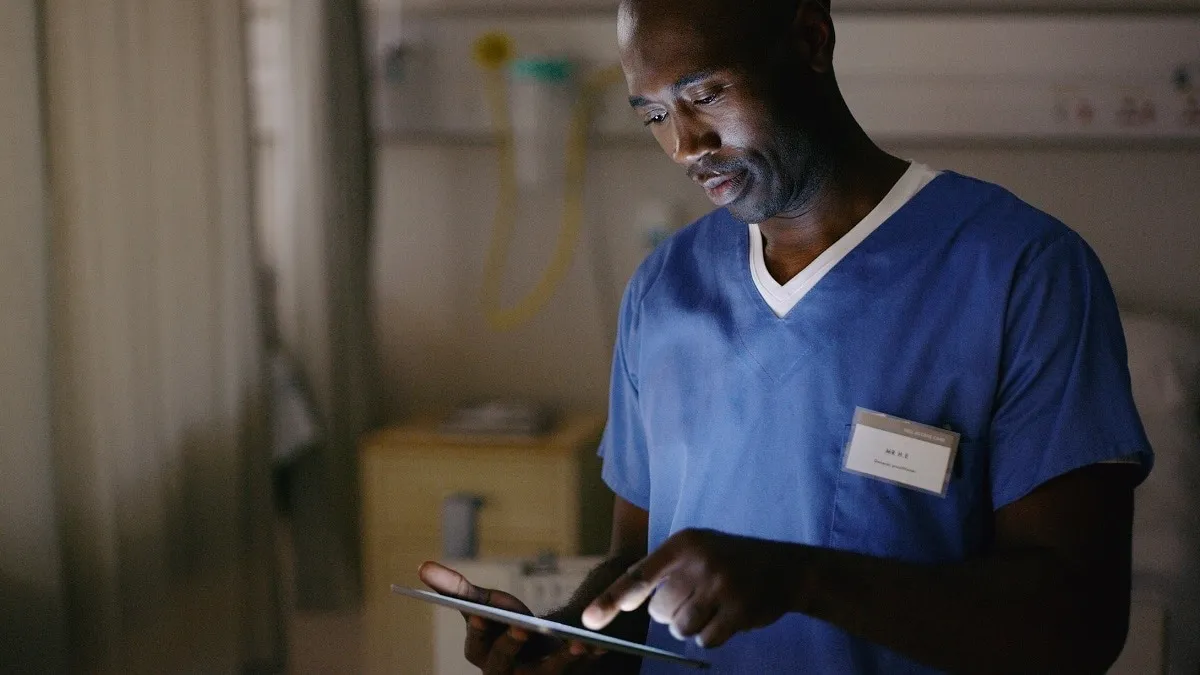The Challenges of Hospital Shift Work
Unpredictable Shifts of Hospital Shift Work
Hospital shifts are notoriously unpredictable. A healthcare professional may start their day with a well-laid plan, only for it to be thrown into disarray by emergency cases, sudden patient admissions, or unforeseen complications. This unpredictability can be stressful, demanding constant mental flexibility and adaptability. However, it also keeps the workplace dynamic, presenting a variety of medical conditions that enhance problem-solving skills and clinical expertise. The ability to switch gears instantly not only tests a healthcare professional’s abilities but also leads to significant job satisfaction and personal growth within the field.
Hospital Shift Work With No Staff
Staff shortages are a common issue that can turn shifts into a nightmare. When the workforce is stretched thin, the challenges of shift work are magnified. Many hospitals rely on outside agencies, such as physician recruiters, to fill these gaps. While these solutions are effective, they are not foolproof. Advanced scheduling systems are also employed to mitigate staffing issues, though they fall short when staff members cancel shifts. Despite these challenges, these systems aim to provide some level of stability in staffing.
Lack Of Sleep During Hospital Shift Work
One of the most significant hurdles to shifting jobs is disrupted sleep patterns. Some individuals manage it better than others, but there is no denying that disturbed sleep can negatively impact health. Scientific studies have shown that night shifts and rotating schedules can lead to sleep deprivation, affecting both physical wellness and mental acuity. Recognizing these issues, many hospitals have introduced nap rooms and improved scheduling practices to help employees manage fatigue. Organizations are also encouraging good sleep hygiene by providing resources for sleep management.
Prioritizing Fatigue Management
For nurses working extended shifts, managing fatigue is crucial to avoid medical errors and prevent long-term health issues such as sleep deprivation, decreased physical activity, and poor nutrition.
To successfully handle exhaustion during 12-hour shifts, nurses should:
- Take Regular Breaks: Short breaks throughout the shift can help rest and recharge.
- Stay Hydrated: Drink plenty of water to stay hydrated and maintain energy levels.
- Eat Healthy Meals: Consume balanced meals at reasonable intervals to sustain energy and focus.
- Utilize Off Days for Self-Care: Engage in self-care activities like yoga or walking to relax and rejuvenate.
- Maintain a Nutritious Diet: Focus on a healthy diet to support recovery and overall well-being.
Benefits of Hospital Shift Work
Flexibility and Personal Time
One of the significant benefits of hospital shift work is the flexibility it offers. With longer periods off in between shifts, nurses can arrange their personal lives and workdays in ways that best suit them, leading to an improved work-life balance. However, it's important to acknowledge that this flexibility may not suit everyone. Some individuals might find the longer shifts exhausting, potentially leading to burnout.
Self-Care and Personal Pursuits
A crucial advantage of hospital shift work is the ability to take care of oneself. Consecutive days off following extended shifts provide ample opportunities for rest, recovery, and quality time with family and friends. This schedule also allows individuals to pursue hobbies and passions outside of work. However, prioritizing self-care is essential to prevent fatigue or burnout caused by the demanding nature of 12-hour shifts.
Opportunity for Overtime
Working in shifts often results in significant financial benefits from the structured hours. The potential for overtime compensation can lead to higher income. In the United States, many nurses are eligible for one-and-a-half times their regular pay for hours worked beyond 40 in a week. This means any additional shifts worked can significantly boost earnings, making the long hours financially rewarding.
Improved Patient Care
One of the primary advantages of hospital shift work is the reduction in patient handoffs, which leads to better continuity of care and fewer errors. The extended shifts allow nurses to develop stronger relationships with their patients, providing more personalized and attentive care. This continuity is beneficial for patient satisfaction and overall healthcare outcomes.
Work-Life Harmony
Working three days a week allows people to enjoy extended breaks, fostering a better work-life balance. The additional days off can be used for personal appointments, family commitments, or simply relaxing and recharging. The reduced commute time also adds to the overall flexibility, making it easier to balance professional and personal responsibilities.
Continuity of Care
Extended shifts contribute to better continuity of care for patients by reducing the number of handoffs. This decreases the potential for errors and improves patient outcomes. With nurses spending more time with each patient, they become more familiar with individual needs, enhancing the quality of care and patient satisfaction. Better communication within healthcare teams and increased trust among staff members further ensure effective and attentive care.
For those seeking to balance personal and professional lives, this flexibility is a significant advantage. Although hospital shift work can be demanding, it also provides unique benefits that can suit the lifestyle and professional aspirations of many healthcare workers.
Conclusion
Hospital shift work is undoubtedly demanding, often pushing healthcare professionals to their limits. Yet, despite the challenges of unpredictability, staff shortages, and sleep disruption, the flexibility and unique advantages it offers can be highly rewarding. By embracing these realities and finding effective coping strategies, healthcare workers can thrive in their roles, achieving a fulfilling balance between personal and professional life. Visit Meme to stay up-to-date on life tips.
FAQs
1. How can I manage sleep better with hospital shift work?
Establish a consistent sleep routine, create a dark and quiet sleep environment, and consider using sleep aids like white noise machines or blackout curtains.
2. What should I do if I'm feeling overwhelmed by my hospital shift work schedule?
Communicate with your supervisor about your concerns, explore mental health resources provided by your employer, and seek support from colleagues or a professional counselor.
3. Are there any specific foods that can help with energy levels during shifts?
Foods rich in complex carbohydrates, proteins, and healthy fats can help maintain energy levels. Stay hydrated and avoid excessive caffeine or sugary snacks.
4. How can I make the most of my days off after long shifts?
Plan activities that you enjoy, prioritize rest and relaxation, and engage in hobbies or spend time with loved ones to recharge.
5. What are some tips for maintaining a healthy work-life balance with shift work?
Set clear boundaries between work and personal time, schedule regular self-care activities, and stay connected with family and friends.
Maybe you are interested:

5 Facts About Adult Scoliosis You May Not Know

Why Do We Have Scabs on My Scalp?









